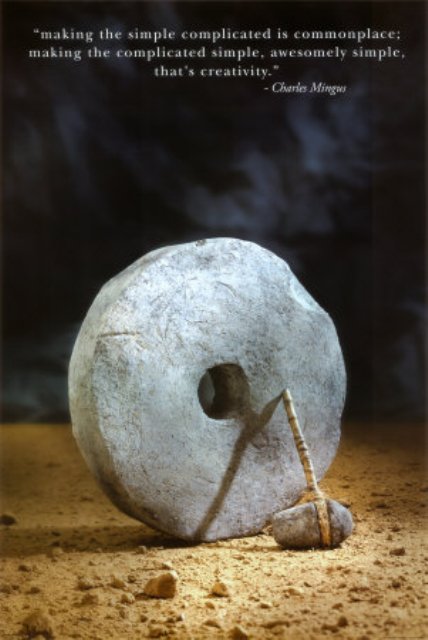 Over the years, proponents of arts education have hitched their wagons to many theories and beliefs as to why arts education is important. It has been improved math scores; improved reading scores; increased attendance; increased self-esteem; arts equals jobs; increased participation with cultural organizations; and more.
Over the years, proponents of arts education have hitched their wagons to many theories and beliefs as to why arts education is important. It has been improved math scores; improved reading scores; increased attendance; increased self-esteem; arts equals jobs; increased participation with cultural organizations; and more.
I have, with some misgivings, found myself articulating any number of these rationales/arguments, varying them based upon audience. I used to call it the Malcolm X approach: “by any means necessary.”
There has been a tremendous amount of excitement as Barack Obama, through platform and stump speech, has talked about 21st century skills. We’ve heard a great deal, particularly through the work of AEP, about the resonance of the term “imagination.” And, for many, the term creativity remains proprietary to arts education.
Today, The Christian Science Monitor reported on a poll of principals and business leaders, where they were asked questions related to 21st century skills and creativity. The results of the poll indicating where there is great divergence, and where there is agreement, are worth a good look.
Now, there are many who would argue that if the poll focused on imagination, that the results would have been different, and perhaps much more aligned between school leaders and business leaders. Perhaps.
Oh, and I forgot to mention, the poll, Ready to Innovate, was conducted by Americans for the Arts, the College Board, and the American Association of School Administrators.
Click here to read the article.





Hi Richard and Everyone –
One minor point: the research was done by Americans for the Arts, The American Association of School Administrators, and the Conference Board (not the College Board). The former represents business, the latter represents education.
-John